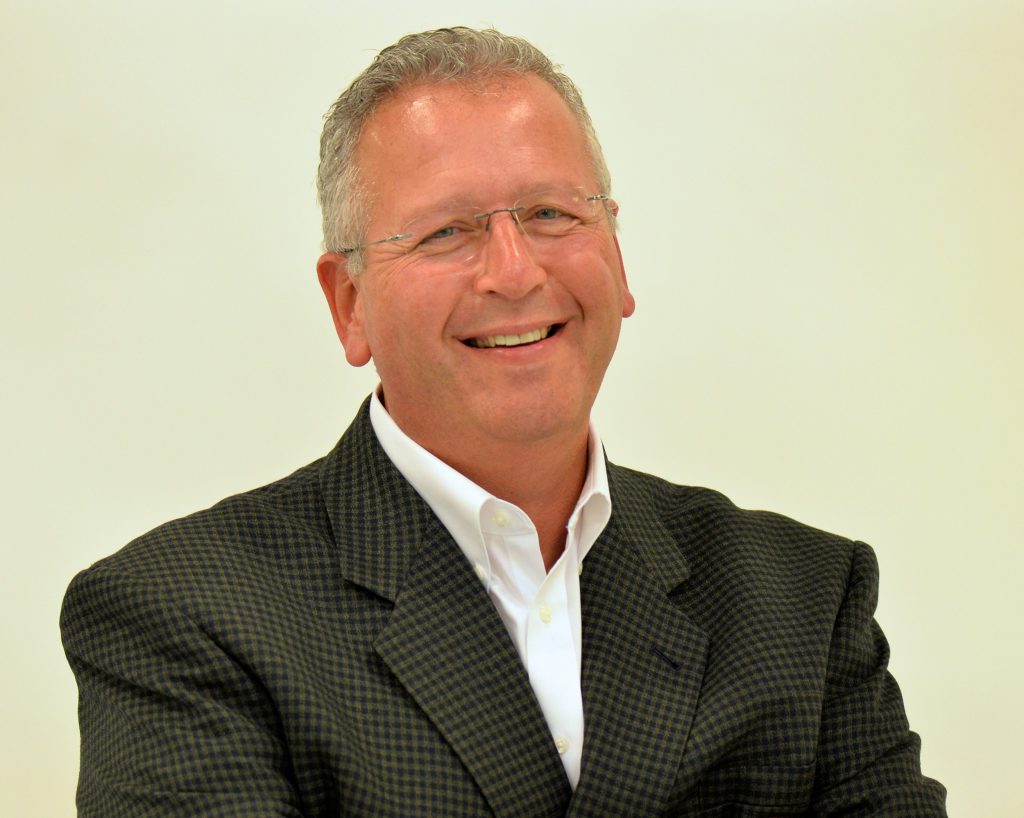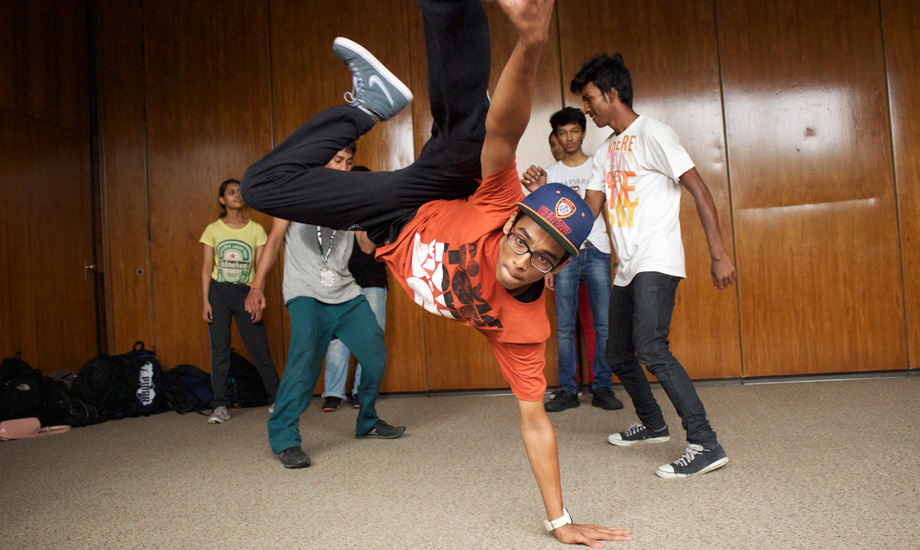Nearly a century after the railroad arrived in Siler City in the 1880s, the town remained a sleepy Southern burg of a few thousand souls. Roughly half the town was white, the other half black.
But in the 1990s, outsiders began trickling into Siler City, people who knew little about the town except that it was a destination point for work – either in the chicken slaughterhouse or the aging textile mills.
Soon, the trickle turned into a tide.
Some came from Mexico. Others from Central America. Still others, like the Bonilla family, traveled across the country from East Los Angeles. The parents and their seven children crowded into the taco truck that had been, and remained, the family’s means of income.
They arrived in North Carolina in 2000, Jakelin Bonilla remembers. She was 10 years old. Perhaps the worst part of the cross-country journey was showing up on the first day of school unable to speak a word of English.
None of her brothers or sisters could, either, Bonilla said, “and nobody at the school seemed to know what to do with us.”
Carolina reaches out
Mary Williams met Bonilla four years later at Jordan-Matthews High School during Bonilla’s sophomore year when Williams was a Truman Scholar just starting her sophomore year at Carolina.
They met as part of Carolina’s Scholars’ Latino Initiative, created to offer promising sophomores like Bonilla three years of one-on-one mentoring and enrichment opportunities. By the time Bonilla entered high school, nearly a third of the student population was Hispanic.
Williams served first as a mentor, and eventually as a trusted friend.
“Jakelin was both exactly like other students at Jordan-Matthews – and yet totally unique,” Williams said. “Like many of her classmates, she came from a large, close-knit family. She had many friends and a drive to do well.”
But two qualities set her apart: her maturity and her curiosity. Whereas most students her age were thinking about their next class, Bonilla was mapping out the next stage of her life, Williams said.
“During tutoring sessions she spoke with depth and insight about racial divides in the Jordan-Matthews lunchroom, and asked me if that same phenomenon plays out in college,” Williams said. “She was genuinely fascinated about how and why things change.”
Williams advised Bonilla on what Advanced Placement courses to take, and how to survive them. She also explained the importance of getting involved in an array of extracurricular activities and keeping her grade-point average as high as possible.
By November of her senior year, Bonilla packed inside the school auditorium to hear James Moeser, the visiting chancellor from Carolina, talk to the students about their future. And when Moeser asked the juniors and seniors how many of them might apply to UNC, half the room raised their hands.
Bonilla needn’t have bothered. By then, Jordan-Matthews had already nominated her for a Morehead-Cain Scholarship, and she had applied to Carolina along with seven other schools, including Georgetown. Bonilla had earned a 4.2 GPA while working after school. Extracurricular activities included serving as a youth leader in church and as an interpreter in schools, courts and UNC Hospitals.
One reason she chose Carolina, Bonilla said, was because of the opportunity the Scholars’ Latino Initiative provided, allowing her to come to campus for a summer and prove to herself and others that she could succeed in a college-level course.
“It brought me to campus so I could see I could belong here,” Bonilla said.
And from the moment she set foot on campus, she said, she knew she did.
Enduring lessons from home
The newcomers who flooded into Siler City now represent nearly half of the town’s population, but the jobs that many once came for are now gone.
The chicken slaughterhouse closed, along with most of the mills. College can seem as far away and out of reach for their children as those textile jobs might once have seemed to them.
Bonilla came to Carolina in fall 2008 as one of 24 Pogue Scholars.
She majored in global studies and entrepreneurship, and conducted ethnographic research in Central and South America through the Burch Fellowship Program and Summer Undergraduate Research Fellowship. She would go on to win the 2011 Martin Luther King Jr. Scholarship and be inducted into the Order of Golden Fleece when she graduated in 2012.
For the past two years, Bonilla has led Carolina’s Global Gap Year Fellowship program.
Operated out of the Campus Y, the program provides the means each year for seven high school graduates admitted to Carolina to complete nine months of international service. Bonilla said she loves everything about the job except the inescapable longing that she feels when students go off for their assignments and she is left behind.
Her parents’ home in Siler City is only some 30 miles from Bonilla’s office on the Carolina campus, but Bonilla said those scant miles don’t come close to measuring the full distance she has come.
Her journey, she knows, began before she was born, when her parents fled the death squads of El Salvador for East Los Angeles. There, they met, married and started a family – and did all that they could to give their children a chance at a better life.
“I was driving down to Siler City over the weekend for my father’s birthday and I was thinking about how those two worlds – the one in Siler City and the one in Chapel Hill – are so different,” Bonilla said. “And every morning I come to work, I realize I am living a different reality than my parents ever believed possible.”
Her mother finished only the first grade and her father got as far as third grade, but the lessons they taught her – in strength and resilience and courage – continue to guide her to this day, Bonilla said.
“When I went to my parents and said, ‘Look, I got an A on this,’ they would say, ‘Good, now go help your brother to make sure he gets an A, too.’ It was never just about me. It was about all of us.”
And continues to be.
Her brother Oswaldo, who everyone calls “Oz,” arrived at Carolina a year after she did as a Morehead-Cain Scholar, followed a year after that by Guile who came as a Johnston Scholar.
Oz graduated in 2013 with a double major in Portuguese and Italian. Guile majored in biology and education, and after graduating last May, began teaching seventh-grade science to primarily Latino students in Smithfield.
In high school, Bonilla and her brothers benefitted from the Scholars’ Latino Initiative; as sophomores at Carolina, all three served as mentors.
It is not just a matter of reaching back and lifting people up, Bonilla said. It is about opening their eyes to the possibilities that await them once they begin to believe in the potential within themselves.
Much of what she shares with the students she mentors is the wisdom her parents once gave her, she said.
“More and more, I realize that my parents and family will always be an important part of my life,” Bonilla said. “Staying connected to them is what keeps me grounded.”
Yet free to find her own way.
By the example her parents set, Bonilla added, “they taught us how to turn our obstacles into assets.”
Learn more about the Scholars’ Latino Initiative
By Gary Moss, University Gazette


